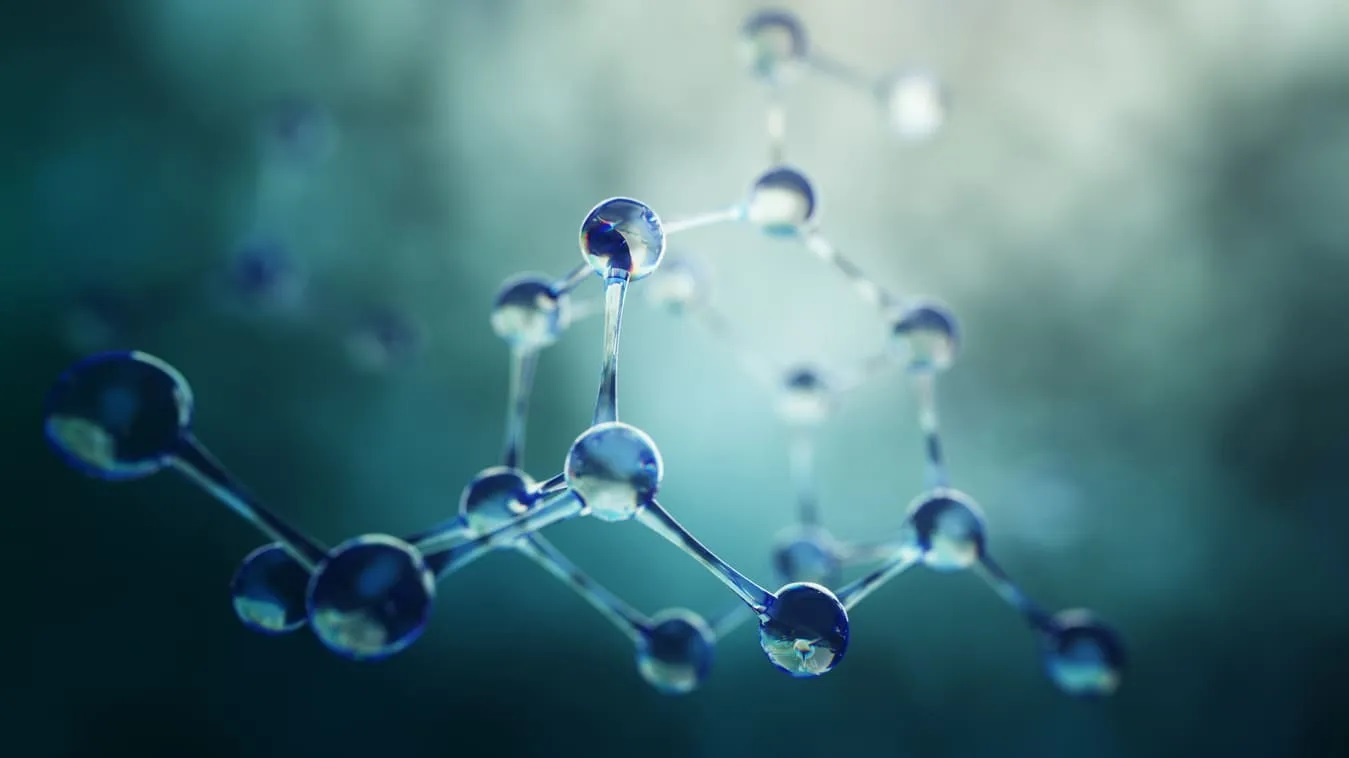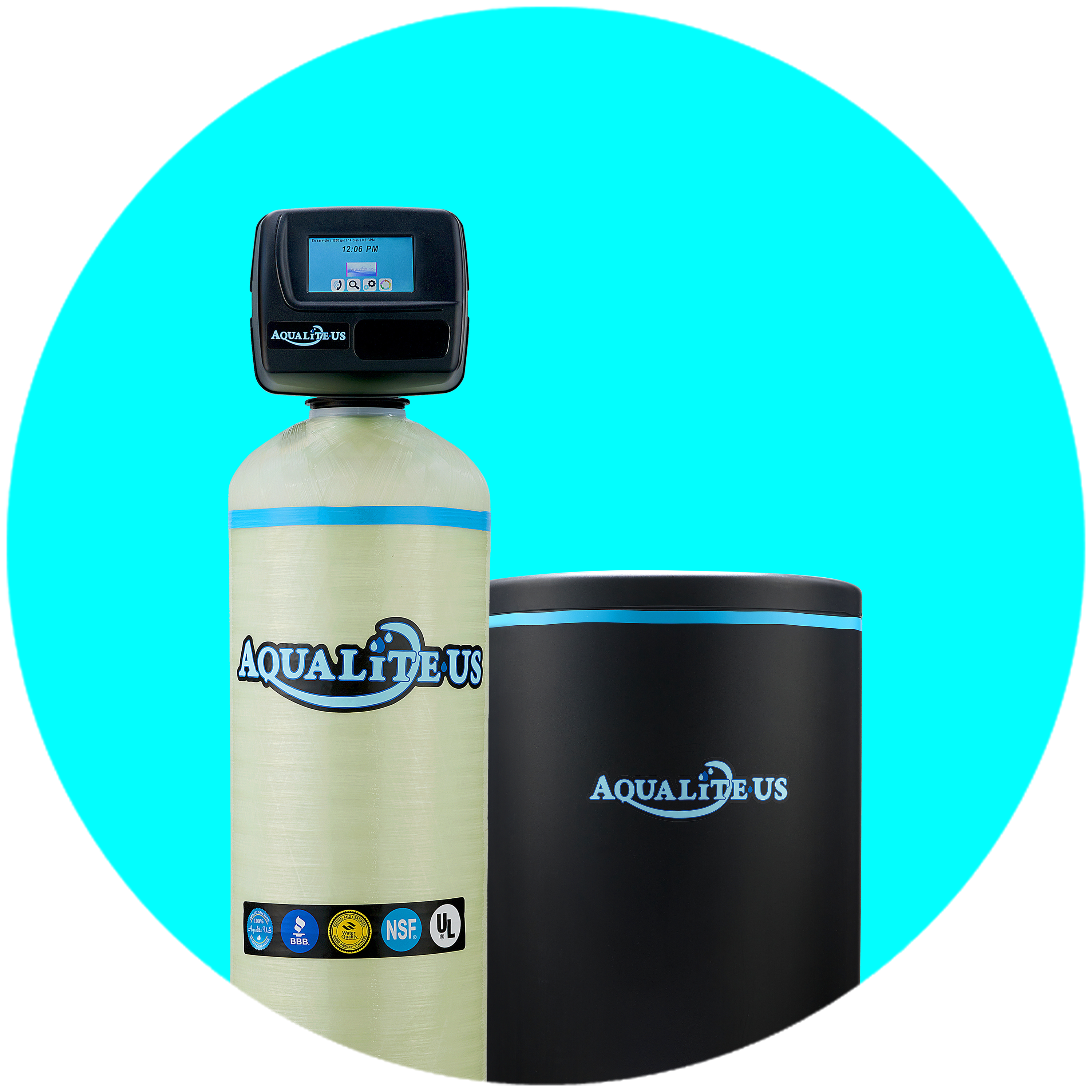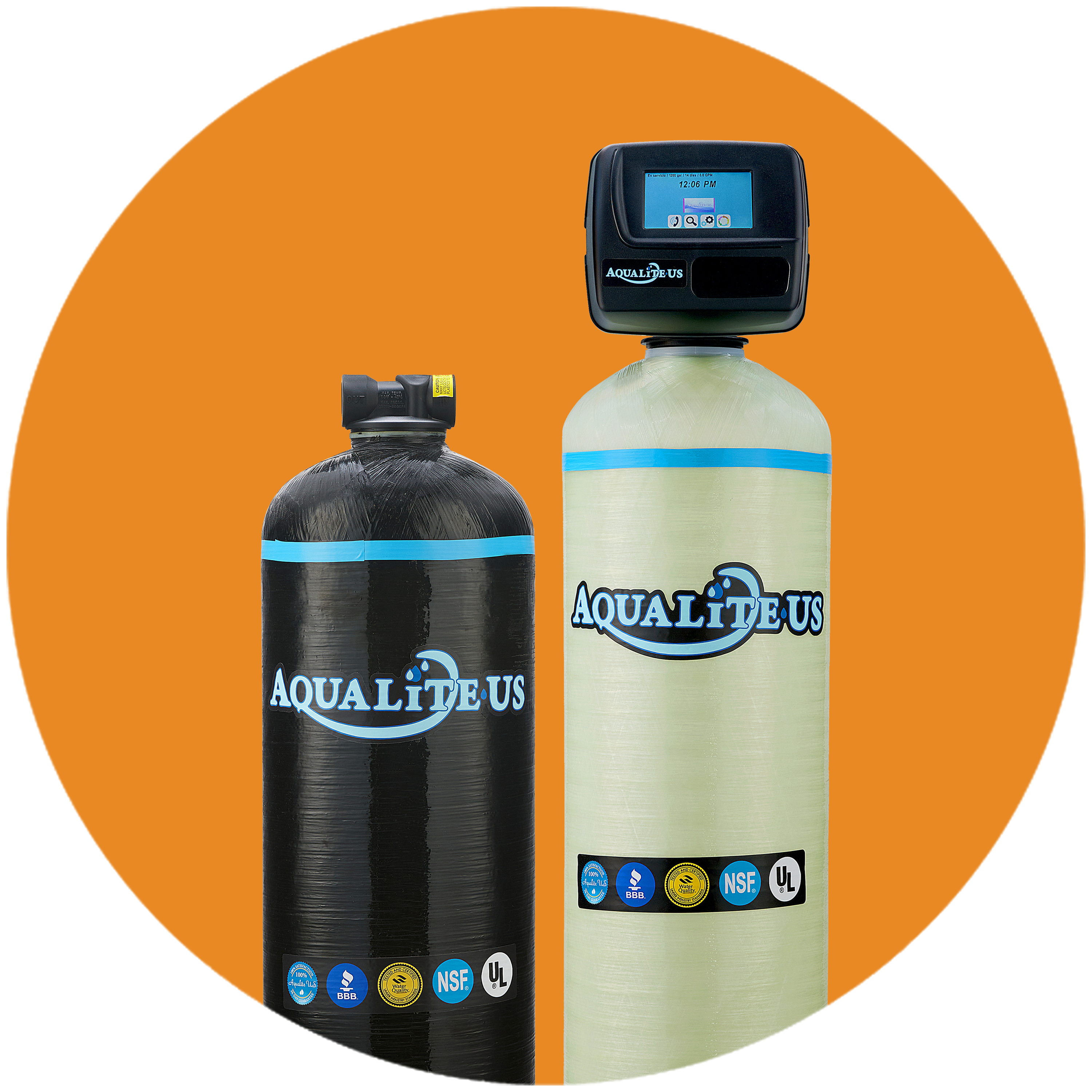What Are PFAS Chemicals?
Per- and polyfluoroalkyl substances (PFAS) are a large class of approximately 4,700 manmade chemicals widely used for their oil and water repellency, temperature resistance, and friction reduction. PFAS chemicals are used in the manufacturing of products in various industries such as aerospace, automotive, construction, electronics, consumer goods, textiles, and military production.
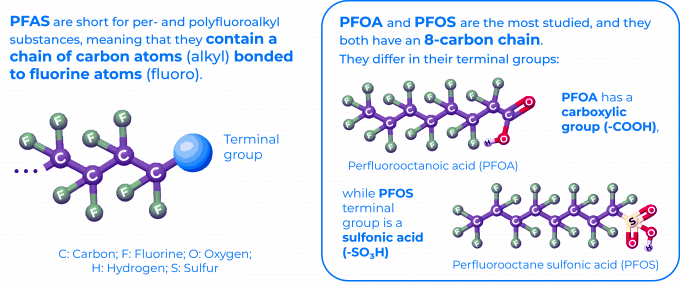
Why Are PFAS Classified As “Forever Chemicals?”
PFAS often referred to as “Forever Chemicals” because their molecular structure prevents typical chemical degradation under normal environmental conditions. According to the National Institutes of Health, “PFAS molecules are made up of a chain of carbon and fluorine atoms linked together. Because the carbon-fluorine bond is one of the strongest ever created, these chemicals do not degrade in the environment. In fact, PFAS products remain in the environment for so long that scientists cannot estimate an environmental half-life or the amount of time it takes for 50 percent of the chemical to disappear.”
Urgency For PFAS Awareness
Since the early 2000s, PFAS has rapidly evolved to be of great concern amongst environmental health agencies and state regulators. Communities all over the United States are now battling with chemical manufacturers, industrial users, and state agencies to address PFAS pollution. With the considerable unknowns regarding long-term ecological and human health impacts, now is the time to take urgent action. The following are additional reasons for the urgency of PFAS awareness.
- Groundwater testing by the EPA and state agencies has found PFAS widespread in drinking water resources.
- PFAS is globally used in various industrial applications, creating limitless opportunities for the chemicals to be introduced into our environment.
- More than 4,700 known PFAS chemical variations exist, and the numbers increase as the industry invents new chemicals.
- According to the CDC and NHANES, PFAS has been found in the blood of 97% of Americans.
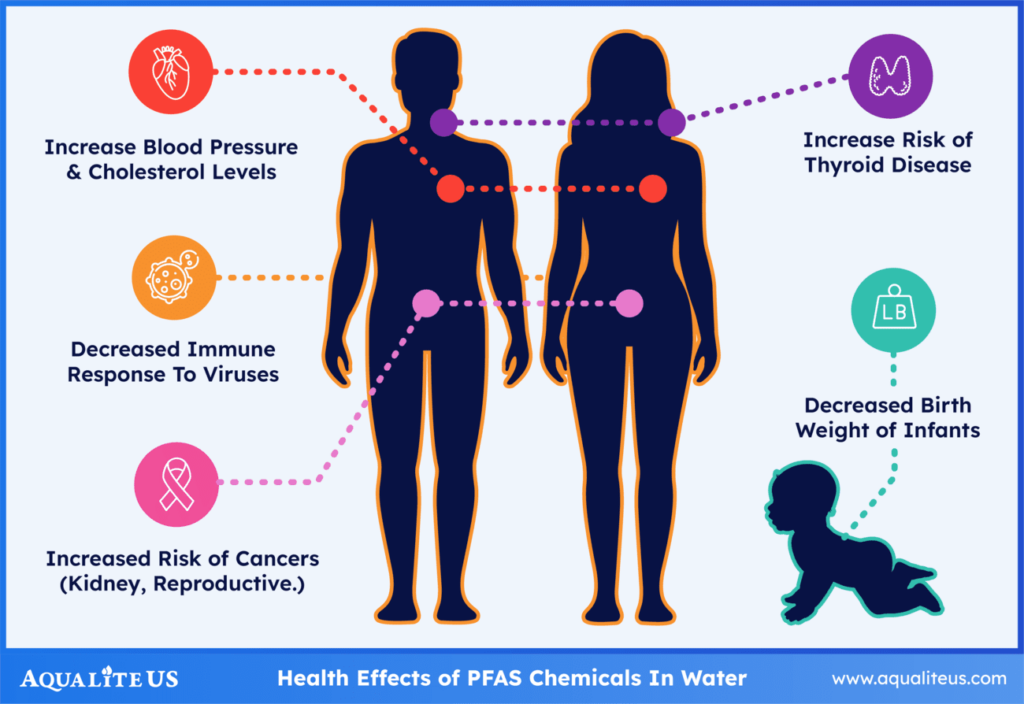
PFAS In Your Drinking Water
“Detected in drinking water and drinking water sources throughout the United States, their chemical properties, particularly the strength of the carbon-fluorine bonds, make PFAS challenging to treat and reduce using conventional water treatment processes. The costly burden of PFAS treatment and remediation often falls to communities and states. The EPA has not yet regulated PFAS in drinking water.”
“In recent years, many states have adopted or proposed limits for PFAS in drinking water, required monitoring for PFAS in public drinking water systems, issued health guidance, and set up interagency task forces and action plans to address PFAS. Beginning in 2023, the EPA will require some of the largest public drinking water systems to monitor for 29 different PFAS chemicals.”
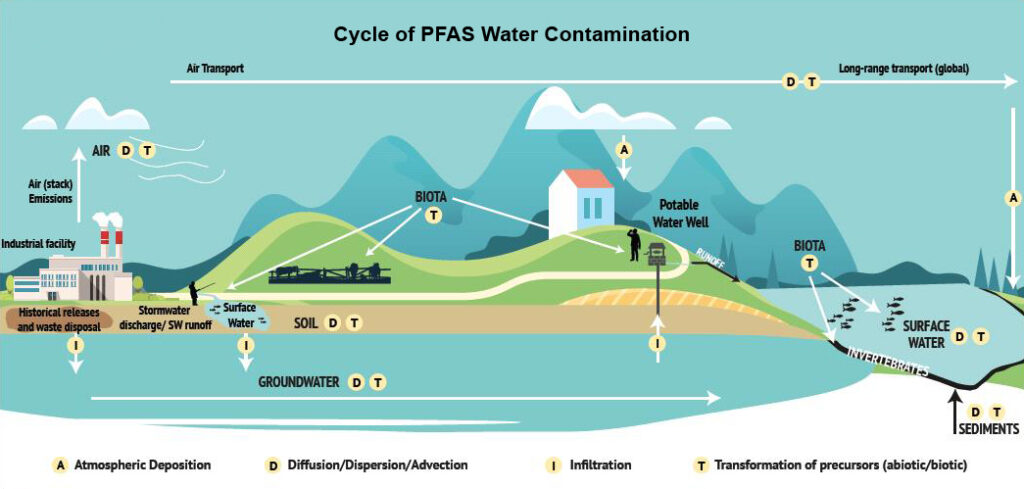
Recommendations For Homes With PFAS Contaminated Water
As more homeowners become aware of the PFAS pollution crisis that has caused drinking water to be contaminated, many are seeking ways to remediate PFAS from water in their homes. Several state-level health and environmental health departments have recommended taking the following steps to minimize PFAS exposure risk:
- DO NOT boil your tap water. Boiling PFAS-contaminated tap water will only increase the concentration of these chemicals.
- Use bottled water that has been tested for PFAS contamination or from a manufacturer that uses water treatment processes known to reduce PFAS (activated carbon or reverse osmosis).
- Use safe water for drinking, food preparation, cooking, brushing teeth, and any activity that might result in consuming water.
- Parents of formula-fed infants may consider using bottled water or a formula alternative that does not require adding water.
- Installing a water treatment system in your home using granular activated carbon (GAC, also called charcoal filters) or reverse osmosis (RO).

Clean Water Solutions For Your Home
For homeowners on private wells or municipal water sources impacted by PFAS contamination, a significant concern is how they can remediate the issue. According to recommendations from state environmental health officials, the best means of reducing PFAS in your water is through water filtration systems.
A water filtration system capable of reducing PFAS contamination would need to use either granular activated carbon (GAC, charcoal filters) or reverse osmosis (RO). It is important to note that GAC water filtration alone does not reduce common contaminants found in well water throughout New England, such as arsenic, uranium, radon, manganese, nitrate, and bacteria.
Whole-home water filtration systems that feature multiple filtration stages, including GAC, can reduce PFAS and common water contaminants. Whole-home systems are the best options for families who want to remediate PFAS and provide clean water from every faucet. RO systems, also known as “point-of-use,” are affordable alternatives for remediating PFAS and providing clean drinking water from one tap. Reverse Osmosis systems are often installed under kitchen sinks with a separate faucet to draw clean water.
Contact Aqualite’s team of water treatment specialists today to learn more about home water filtration systems available in your area. Aqualite’s dedicated team can help you find the right water treatment solution to remediate potential PFAS contamination.

